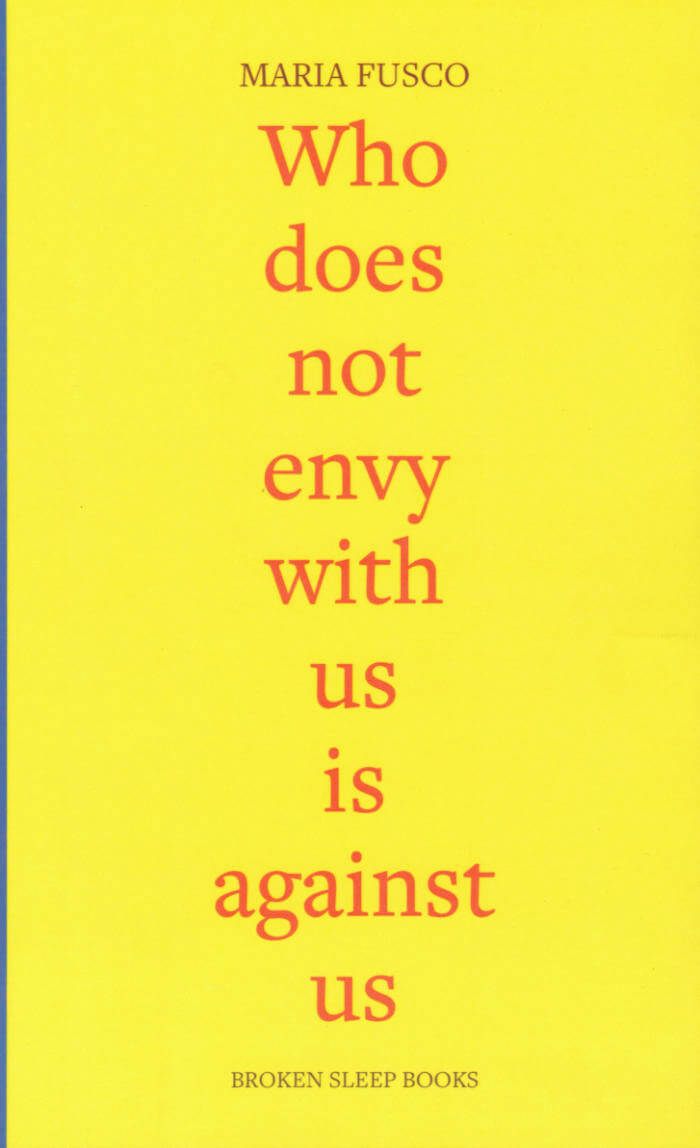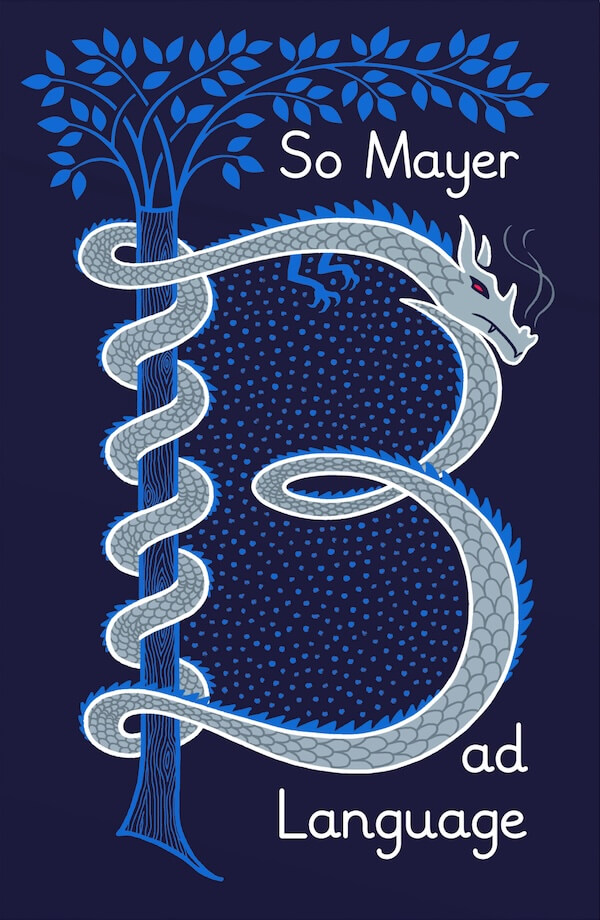
Who does not envy with us is against us: three essays on being working-class
Who does not envy with us is against us is a collection of essays on working-classness that demonstrates Maria Fusco's exceptional talent for weaving together the analytical and the poetic to create an affecting and profound work.
With expressive prose, Fusco deftly captures the experiences of the global working class, illuminating emotions that unite them across borders and lines. This is a tribute to the resilience and tenacity of working-class communities, and an invitation to readers to join in a deeper understanding of their struggles and triumphs. Through her masterful storytelling, Fusco utilises the power of language to elevate the voices of those who have long been silenced, creating a symphony of words that will echo long after the final page.
"I love this book with my entire life and beyond. Fact that I grew up a thousand miles south of Belfast, but, days after reading, feel like I'm - or should be - from there is testament to Fusco's analytic and lyric genius, and her ability to move and affect. Fusco mobilises a previously unnamed mood shared by the international, intergalactic working classes, I've never seen anything like it. Read this book." - Isabel Waidner, Corey Fah Does Social Mobility





